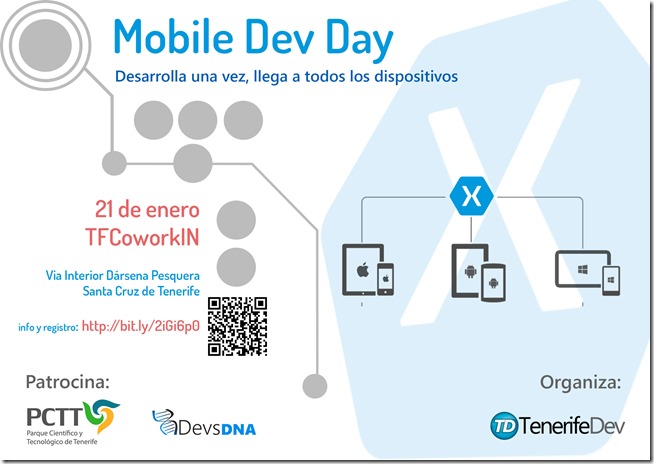Let me guess…they help with speech and language? Yes, but they do so much more! Of course, pediatric speech-language pathologists work to help children communicate effectively by assisting with the improvement of their verbal and non-verbal language skills. But they also help with things like feeding and swallowing abilities. Seriously, how often do you actually think about how you chew? It takes a lot of muscles in your mouth! And pediatric speech-language pathologists work with children of all ages, from newborns to teenagers, to help with all of these skills. Some you might not have even considered before reading this blog. Check out the latest BCBA jobs offers.
In addition to specializing in treating feeding and swallowing disorders, speech-language pathologists focus on improving three areas of communication – speech, receptive language, and expressive language.
Speech
When therapists work with children on speech, they’re looking to improve children’s articulation, decrease stuttering (disfluency), or treat voice disorders.
 Receptive Language
Receptive Language
When therapists work with children to improve their receptive language, they are helping children process and understand the information they’re receiving from others. Take following directions for example! When a therapist tells a child to “pick up the toy and put it in the basket,” the child has to take in all that information: knowing what a toy is, knowing what a basket is, understanding that they’re meant to do an action, etc. There’s a lot they need receptive language skills for just in that one sentence!
Expressive Language
When therapists work with children on expressive language, they are helping children learn how to produce words and combine words into phrases and sentences to outwardly communicate their wants and needs and share information. For example, when a therapist helps a child who wants a glass of water go from saying, “Water,” to “I want water, please,” they are working on expressive language!
When A Child Might Need See a Speech-Language Pathologist?
Children see speech-language pathologists for a variety of reasons, including:
- Difficulty with feeding or swallowing – unable to safely eat or drink age-appropriate foods and liquids
- Difficulty articulating certain sounds
- Difficulty with fluent speech – stuttering
- Difficulty using words, phrases, and sentences to communicate at an age appropriate level – needs help using words to communicate and/or turning words into phrases
- Difficulty understanding information such as directions or questions – needs help understanding words spoken to them
- Difficulty organizing information and regulating behavior







Deja un comentario